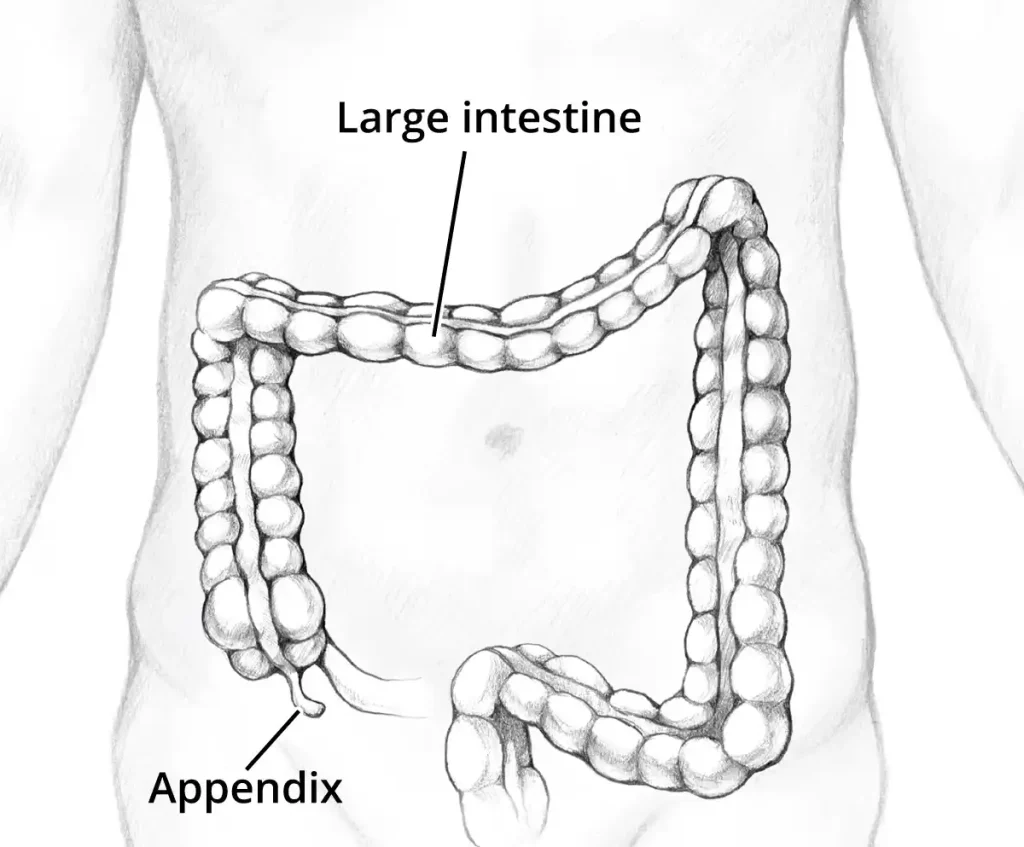Posted: 15/11/2024
11-year-old Lacey Brookman dies after doctors fail to spot appendicitis
Reading Time: 3 minutes
Inquest rules four doctors failed to diagnose appendicitis for 11-year-old girl – Girl, 11, died after four doctors ‘failed to spot her appendicitis’
A devastating story has emerged following an inquest this week noting the death of Lacey Brookman, an 11-year-old girl who had appendicitis, and that 4 doctors failed to diagnose and treat her appropriately.
The inquest noted that Lacey, from Great Yarmouth, fell ill in April 2021. Lacey’s parents had contacted their GP after she had been ill for around 10 days. The GP reviewed Lacey by telephone on 20 April 2021 and initially diagnosed her with a viral infection; however, after she did not improve, a second GP referred her to hospital 3 days later with suspected appendicitis. On attending the Hospital, Lacey was reviewed by three doctors before a diagnosis was made. It was only when the 3rd doctor, a consultant surgeon, reviewed her on 24 April 2021 and still could not make a diagnosis that an ultrasound scan was requested. This scan identified that her appendix had burst.
In light of this, Lacey’s appendix required removal urgently. She was transferred to a specialist paediatric unit at King’s College Hospital in London for surgery on 25 April 2021. Although he surgery was successful in removing the appendix, Lacey experienced multiple complications culminating in multi-organ failure and sadly, she passed away on 4 June 2021.
The inquest found that her appendix had most likely burst at least two weeks before the surgery. There was suggestion at inquest that she did not present with the “classic” symptoms of appendicitis; however, Lacey presented with abdominal pains, fever, nausea, constipation and vomiting.
At inquest, Dr Morris, the senior coroner for London inner south expressed his concerns that the condition Lacey presented with, namely acute retrocaecal appendicitis, was not well known enough and raised concerns that future deaths could occur if action is not taken to ensure that junior medical practitioners are aware of this particular type of presentation of acute appendicitis. He noted that the only way to make a diagnosis in this instance was for ultrasound to be carried out by an on-call radiologist, which restricted availability and assistance in making such diagnosis.
What is appendicitis?
Appendicitis is swelling and infection of the appendix which is part of your bowel. In humans, the appendix doesn’t perform any important function and removal of the appendix doesn’t cause any long-term problems.

What are the symptoms of appendicitis?
According to NHS, the classic symptoms of appendicitis can include:
- Pain in middle of the abdomen which moves to lower right side.
- Worsened pain when moving, coughing or pressure to the area
Other symptoms include:
- feeling or being sick, or loss of appetite
- a high temperature
- constipation or diarrhoea
- peeing more than usual
- sudden confusion (in older people)
When to seek medical help
If you experience abdominal pain that is gradually worsening, it is recommended to contact your GP or the Out of Hours service as soon as possible. If you experience sudden pain that continues to worsen and spreads across your abdomen, it is recommended to contact 999 immediately.
Diagnosis
A physical examination should be conducted where pressure is applied to the abdomen, to see if pain is worsened.
For symptoms which are not “common”, further tests can include:
- a blood test to look for signs of infection
- an ultrasound scan to see if the appendix is swollen
Treatment
If you are diagnosed with appendicitis, surgery is usually recommended for removal of the appendix, known as an appendectomy or appendicectomy. This can either be keyhole surgery or open surgery depending on the circumstances.
Recovery following surgery
Usually following keyhole surgery, you can leave the same day as the operation but if you have had open surgery you may expect to stay in hospital for a few days.
Many people tend to recover from appendicitis after 2 weeks however as with many surgeries, the recovery period is 4-6 weeks. There may be some pain in the abdomen and around the wounds until healed and you may experience constipation and diarrhoea.
Our team at Williamsons Solicitors have a wealth of experience in dealing with claims concerning appendicitis, including concerns regarding delay in diagnosis. To speak to our clinical negligence team please call 01482 323697 or contact us via our online form.
FRIENDLY, EFFICIENT LEGAL ADVICE
We’re ready to chat when you are
Drop us an email or give us a call for a no obligation chat to see if we can help.